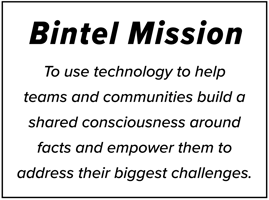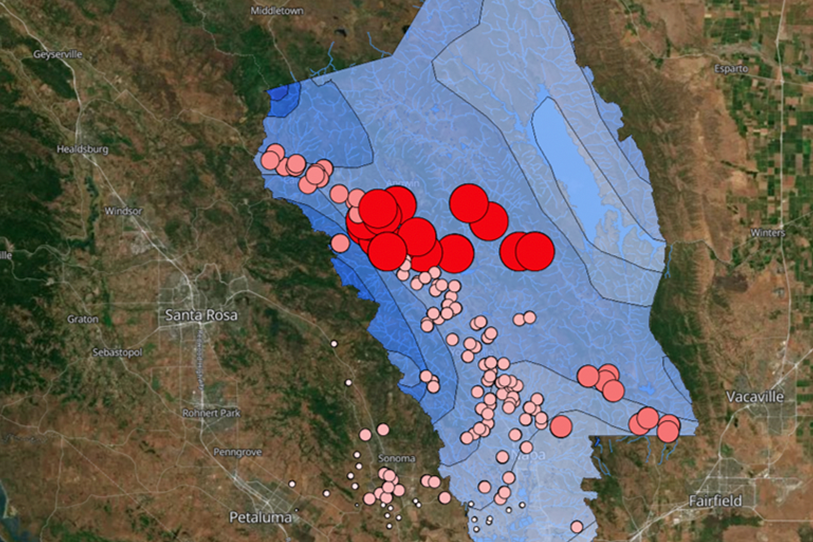The Solutions to Our Problems Are Not All Tech, They Need All of Us
We are a country of pioneers, immigrants, and entrepreneurs. We still believe in those archetypes. While in the past we might build a statue or name a street after them, today we use social media to lift them up as models we aspire to (insert your favorite here, I’m not lighting that match). In my post Research - Hero In The Garage Can't Do It Anymore I talked about the changes in research and advanced development, specifically the need for better tools. But even with the right help, the impact we desperately need is from deployment and this will require institutional and social innovators.
Let me state up front, I’m a believer in the power of humans as master problem solvers and innovators. I expect us to find answers to the massive challenges we face. They will not all be good. There will be many examples of failures, crooks and grifters but overall, the good ones will prevail if we let them. But this isn’t your grandfather's planet earth. We have over 8 billion people on the planet now and it's stressing out. Technology is moving exponentially faster. Simple physics says we’re going to bang into each other more often, physically, and virtually.
The simple point of this post is my concern that the mythology of our heroes, the pioneer spirit, and our faith in technology will hold us back and could be our downfall. And when we run into problems, we’ll pull up short of victory.
"THE SOLUTIONS TO THE EXISTENTIAL PROBLEMS OF OUR FUTURE WILL REQUIRE SOCIAL INNOVATION AND THE SUCCESS OF THOSE INNOVATIONS WILL REQUIRE COLLABORATION."
Collaboration requires trust and trust is a contract between people, in institutions, and between institutions. The technology we depend on has long since progressed past our ability as individuals to understand it all. It has progressed past our institution’s ability to install guardrails. These institutions need investment and oversight so we can trust them to ensure that the technology all around us won’t kill us. “Trust but verify”, as the saying goes.
 We’re seeing this play out in the West with the warriors working on the challenges of living in the WUI (Wildland Urban Interface). A county official described the difficulty working with 17,000 permanent residents of a large county that enjoys 100,000 visitors daily and has thousands of absentee property owners. The permanent residents were generally of the, “Leave me alone, don’t tax me and don’t tell me what to do on my property.” The absentee owners didn’t want to pay for services they would rarely use. And of course, there were the tech bros dropping in via Zoom to pitch a new AI powered platform that could save everyone with some satellite data.
We’re seeing this play out in the West with the warriors working on the challenges of living in the WUI (Wildland Urban Interface). A county official described the difficulty working with 17,000 permanent residents of a large county that enjoys 100,000 visitors daily and has thousands of absentee property owners. The permanent residents were generally of the, “Leave me alone, don’t tax me and don’t tell me what to do on my property.” The absentee owners didn’t want to pay for services they would rarely use. And of course, there were the tech bros dropping in via Zoom to pitch a new AI powered platform that could save everyone with some satellite data.
My point is all of us need to collaborate and get involved. Get offline and meet people in and around your community. There are no wildfire problems in the metaverse and no simple solutions in the real-verse.
Fire doesn’t respect property lines or jurisdictions. There is no one agency in charge. All members of the community need to create the organizations and relationships that work for them. Innovations need to be affordable, flexible and resilient.
The people working hard to manage our natural resources and rural counties are great folks and the view is worth preserving.
Let’s take care of it.


